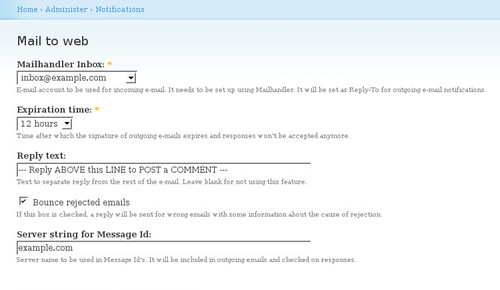Microsoft urges users to adopt Bing on Chrome: A tale of unwanted notifications
Notifications #Notifications

In an unusual move that has left many internet users bemused and somewhat concerned, Microsoft has been observed engaging in aggressive marketing campaigns, asking its customers to switch their default search engine from Google’s Chrome to Microsoft’s Bing.
What makes the case even more gripping is that some of these notifications have reportedly popped up while users were engrossed in video games, adding an intrusive aspect to what many already consider a breach of etiquette.
Maarten Balliauw, an internet user and developer at software tool company Jetbrains, stumbled upon this surprising behavior and took to Twitter to express his discontent in a lengthy thread. According to his explosive revelations, each time a user opens a new tab in Microsoft Edge, the Redmond-based tech giant is seemingly dispatching a machine fingerprint to a remote server.
Hey @bing @microsoft, can you folks please stop shoving ads for your tools into every single update to my machine? This is just obnoxious. #windows11 pic.twitter.com/MkYqx2AFuK
— Maarten Balliauw @[email protected] (@maartenballiauw) August 25, 2023
This kind of fingerprint can be utilized to track users across various websites. A matter that, if confirmed, could raise serious concerns about privacy and potential misuse of data.
Moreover, Balliauw stated that Microsoft is also scoping out a user’s public IP address through a non-Microsoft service – another development that could potentially be exploited to uncover the user’s location.
Despite the seemingly weighty implications of user privacy, Microsoft affirmed that Balliauw’s report was rejected because it did not fit the company’s criteria for the definition of “malware.” It seems the tech giant is steadfast in its stance, believing that there are no infringements on user privacy.
Balliauw was quite vocal about his disagreement, stating Edge’s recent behavior quite convincingly aligns with what one would attribute to malware. Sidestepping the term, he laid out the specifics – obfuscation, a lack of control, excess advertising, and more, based on the definitions provided by the MITRE ATT&CK framework.
Overall, the situation appears puzzling, with Microsoft striving to increase Bing’s market share while also addressing privacy concerns. It will be interesting to see how Microsoft handles this delicate balance and how users respond.
Via MSPowerUser